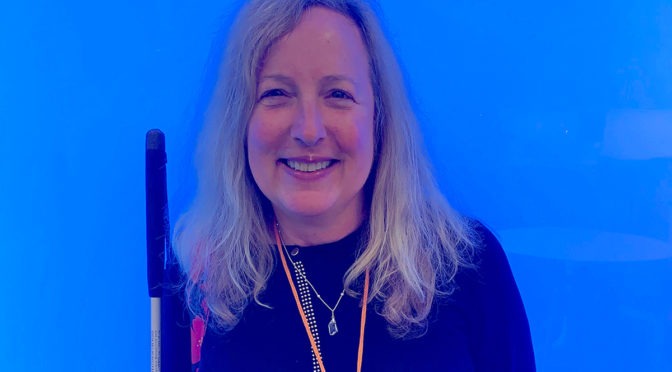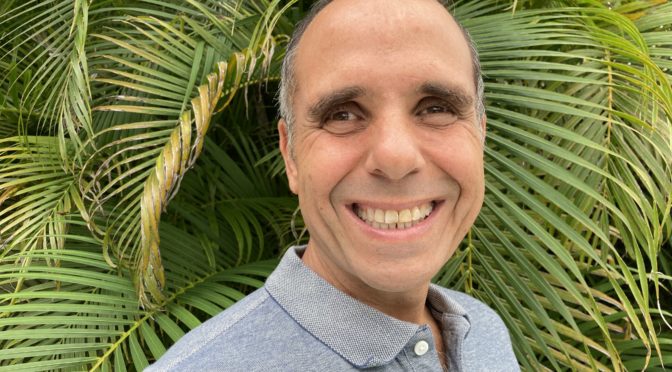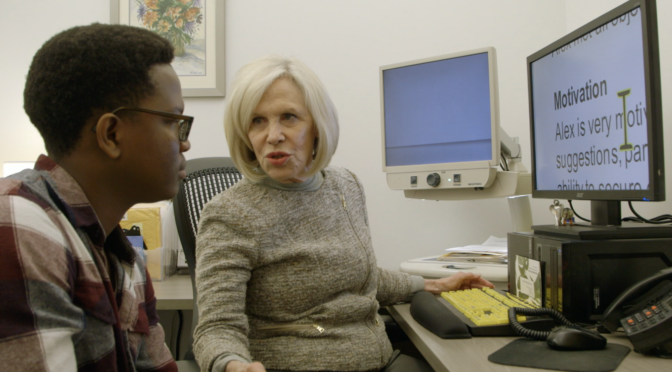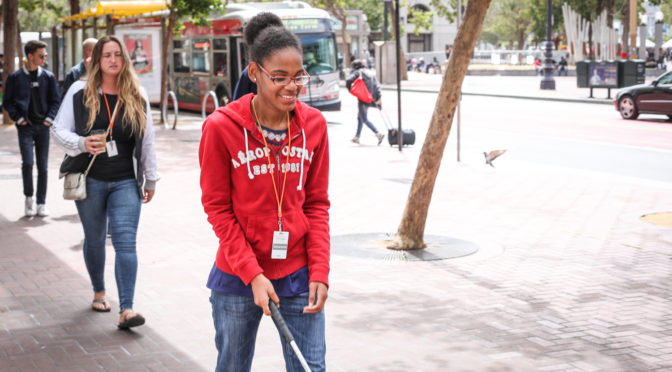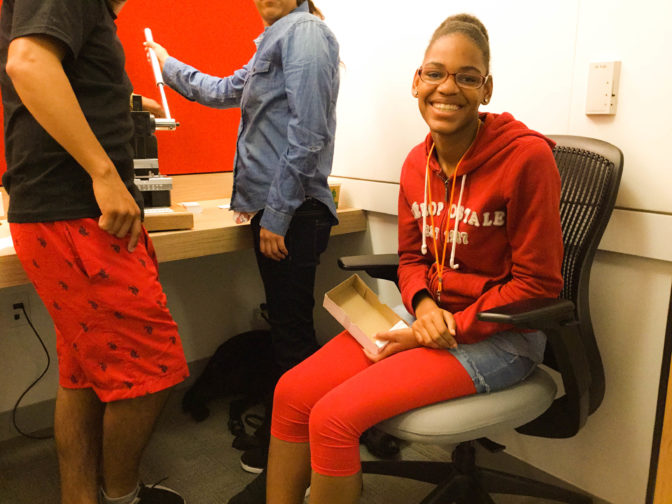POSITION: Production and Warehouse Assistant
REPORTS TO: Plant Manager, Assistant Plant Manager, Lead Person & MOD
APPLICATION DEADLINE: Open Until Filled
The LightHouse for the Blind and Visually Impaired, headquartered in downtown San Francisco, is looking for Production Assistants to assist with production, warehousing and shipping of product at our Lighthouse Industries location currently in San Leandro. This position will be moving to Alameda later this year to our new Factory location.
Role Overview
The LightHouse is currently in a period of growth, increasing our capacity to serve more low-vision and blind clients. We seek dedicated team members to help us grow our warehousing and production capability at our Lighthouse Industries (LHI) factory.
This position is designated to provide work experience for an individual who is blind or visually impaired.
Qualifications:
Education: High school diploma or GED required
Experience: Will train
Other: The Production Assistant is responsible to check product, tape full boxes and then place those boxes on a pallet. The assistant will stretch wrap the pallet when it becomes full. The Warehouse Assistant will then proceed to pull, pack and fill product and work on a production line.
Job Responsibilities:
- The assistant will check their supplies, making sure that they have enough for the day
- The Production Assistant will report any out of spec. or suspected out of spec conditions to the Machine Operator at once
- The person in this role will work on production lines filling, packing and shipping
- The assistant will sort and pack boxes
- The assistant will make boxes
- The Production Assistant, upon filling a box, will remove it and put an empty box in its place
- The assistant will perform cycle counts
- The assistant will sweep, clean, and perform housekeeping when there is down time
- The person in this role will rework product
- The Production Assistant will neatly stack the full carton onto the pallet
- Using a hand jack, the assistant will remove the completed full pallet and put it in the designated area for stretch wrapping
- After the pallet is removed for stretch wrapping, the assistant will place a new pallet down for the next products
- The assistant will stretch wrap the full pallet to be warehoused
- The person in this role will keep the area neat and tidy. The assistant will empty the trash daily
- The Production Assistant should let their supervisor know when their task has been completed
- The assistant should exercise caution around machines and when the forklift is operating in the area
- The Production Assistant should report all accidents or safety concerns to their supervisor at once
- The assistant should never perform a task if they feel it is unsafe until they talk to a supervisor
- The assistant will lift or carry 60 lbs. throughout the day
- The assistant will also stand for long periods and climb up and down ladders
- The Production Assistant is expected to complete any other duties as assigned by their supervisor
Other Duties:
Please note that this job description is not designed to cover or contain a comprehensive listing of activities, duties or responsibilities that are required of the employee for this job. Duties, responsibilities and activities may change at any time with or without notice.
The Production Assistant will also stand for long periods and climb up and down ladders throughout the day. The Production Assistant is expected to complete any other duties as assigned by their supervisor
Who We Are:
LightHouse has an audacious mission – to transform the lives of the 40,000 blind people in the greater Bay Area and beyond. We do this through tech design, disability advocacy, consultation, classes and community formation in San Francisco, our four satellite offices and Enchanted Hills Camp in Napa. We are a fun, fascinating, widely diverse, warm and friendly community. We work in downtown San Francisco in a 40,000 square foot state-of-the-art workspace renowned for its universal design, steps from Civic Center BART. LightHouse is working for nothing less than to change the future for blind people and the wider community.
Within a five-minute walk are the world headquarters for Twitter, Uber, Dolby, Zendesk and many other tech giants. Within three blocks are all of the principal building for Northern California’s federal, state and local government. Also in our neighborhood are many theaters, San Francisco Symphony and Opera, the Asian Art Museum and dozens of other key cultural anchors of the entire Bay Area.
The successful candidate will join a unique organization in which blind and sighted professionals work together at every level. Our governing Board of Directors, management and staff are all composed of roughly equal numbers of blind and sighted people, a parity unprecedented in our field.
Founded in 1902, LightHouse for the Blind and Visually Impaired provides skills, resources and community for the advancement of all individuals who are blind or have low vision. Our innovative programs have been featured in 60 Minutes, the New York Times, and the Wall Street Journal and beyond. The blind community comes to LightHouse to learn how to travel independently with a white cane, to rejoin the workforce, use accessible technology, and meet a community of mentors and peers. From unique tactile maps, to an unparalleled camp for blind campers, to a world prize for blind ambition, LightHouse offers programs unavailable elsewhere
Learn About Us:
LightHouse for the Blind and Visually Impaired
1155 Market Street, 10th Floor
San Francisco, CA 94103
www.lighthouse-sf.org
Employee Benefits:
The LightHouse offers a rich package of benefits, including medical, vision and dental insurance. Employees are eligible for an employer-matched 401(k) plan and subsidized health club membership, among many other perks.
Compensation:
Depending on Experience; industry competitive
How to Apply:
After reviewing the complete Job Description please apply by going to our website at: https://lighthouse-sf.org/about/careers/.
Please complete the application there as well as a cover letter and résumé as word processing document attachments (no PDFs please).
Please submit to hr@lighthouse-sf.org, including the job title in the subject line. We will not consider videos or hyperlinks to online profiles. Due to time constraints we will only respond to complete submissions. Thanks for your understanding.

